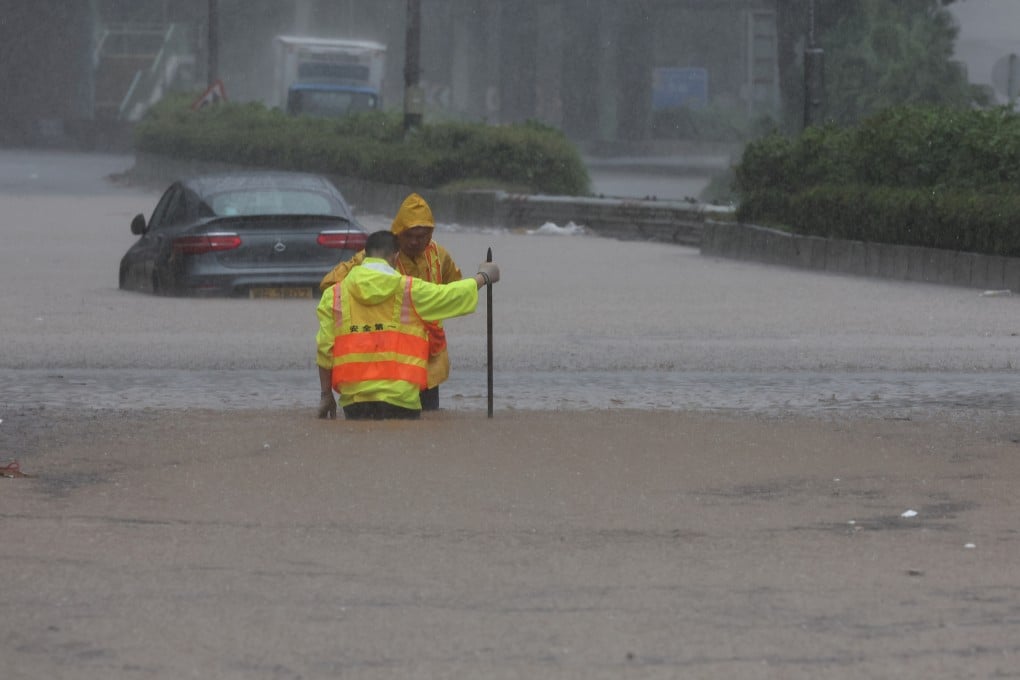Letters | 3 ways Hong Kong can use technology to better deal with extreme weather
- Readers discuss how the city can minimise inconvenience and loss due to extreme weather, two steps that could hasten the internationalisation of the Chinese currency, and the Hong Kong government’s waste charging scheme

First, to get the public better prepared, the Hong Kong government should also issue SMS warnings – as has been done in mainland China, Taiwan, Japan and South Korea – in the event of a typhoon No 8, extremely heavy rain, hail, and very cold or hot weather, to all mobile phone users in the city, including tourists.
It was greatly disappointing to see commuters trapped in the vicinity of Wong Tai Sin MTR station during the period of heavy rain. According to media reports, passengers were asked to leave the station.
Second, to better handle such situations and protect commuters, central coordination is required. The key is a common operational picture (COP), a platform with geographic information at its core, which facilitates the exchange of real-time information between different departments for immediate coordination and resource allocation. The COP would also function as a command centre for logistics and personnel mobilisation.